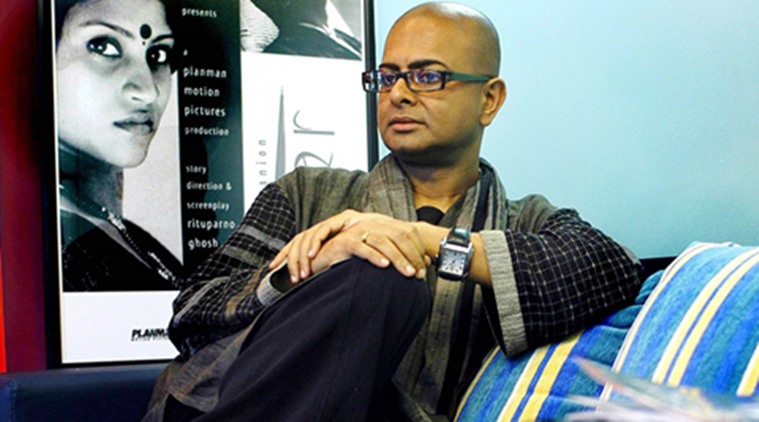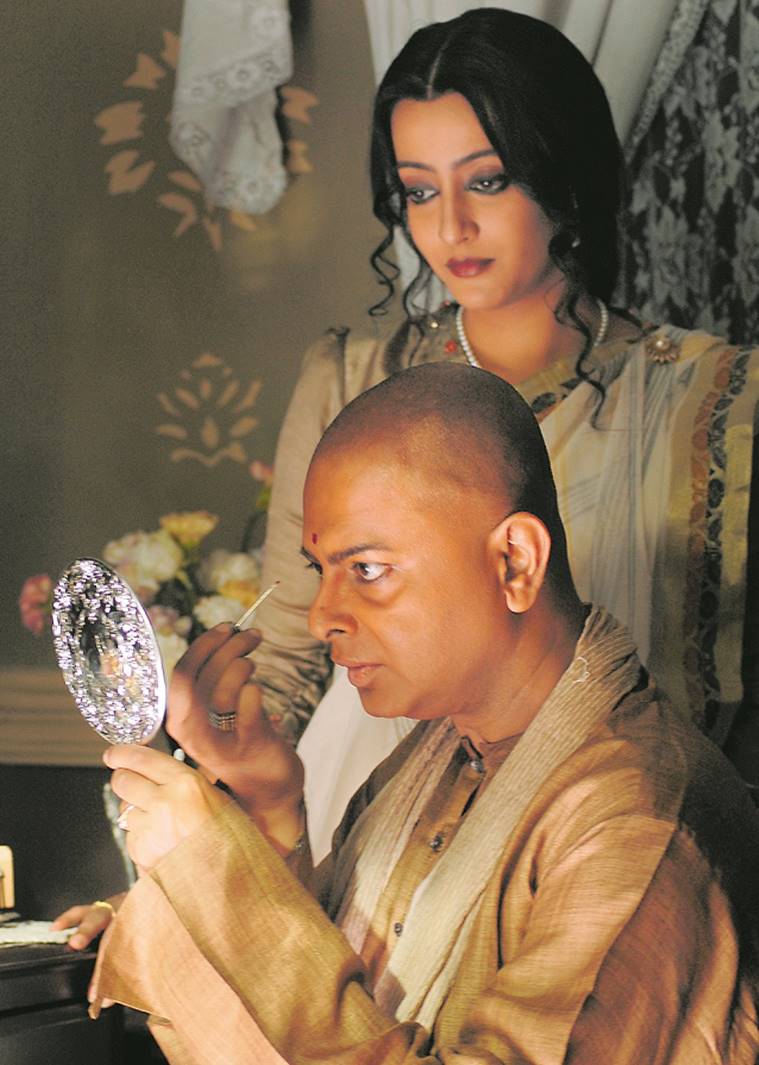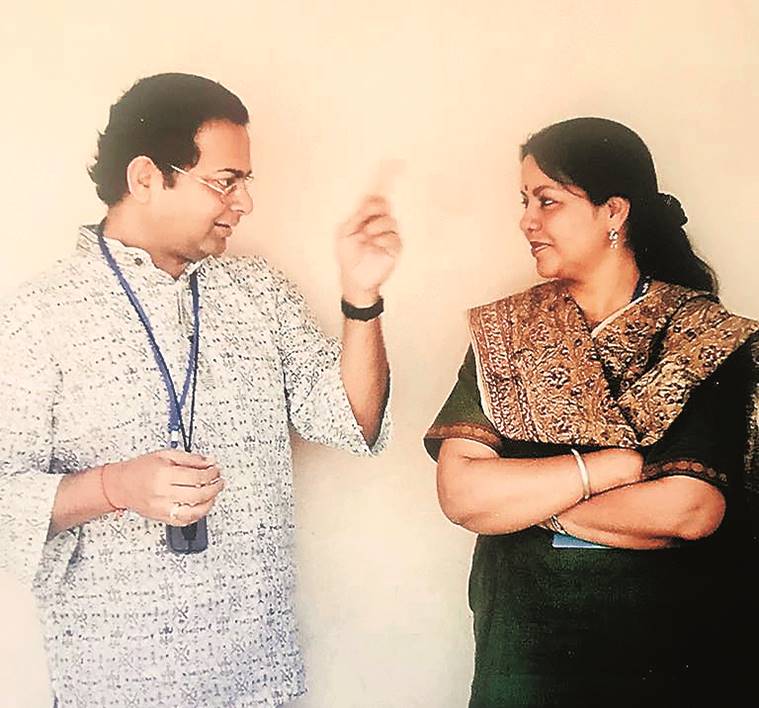
Bonomali tumi, poro jonome hoyo Radha… Tumi bujibe jokhon nari ro bedon. (Krishna, in your next birth, come as Radha… Then you will know the pain of a woman).
To the sound of a dubdubi and the strains of a single sarod, this popular baul is sung in filmmaker Sangeeta Dutta’s Birds of Dusk alongside visuals that capture the changing cityscape of Kolkata. A single boat floating on Hoogly, mountains of jasmine at Malik Ghat, yellow taxis swooshing past in the rain, the night lights during Christmas, urban rhythms, the people, their lives — all of this is interwoven like a love letter in Dutta’s
95-minute documentary on her friend and colleague Rituparno Ghosh. The film, like the baul song, journeys the life and times of the filmmaker whose muse was his city, which he navigated through the mind of a woman, and who was revolutionary in the representation of the third gender in Indian cinema.

Dutta, 57, who went to Jadavpur University with Ghosh, met him years later in London and invited him to showcase his films to the British audience. “That was the time his pan Indian presence was growing and he was working with talent from Bollywood,” says Dutta. Aishwarya Rai, Amitabh Bachchan and Arjun Rampal are some of the Bollywood actors who worked with Ghosh. Dutta also worked with Ghosh on Chokher Bali (as associate director) and six more films after that. “It was a very exciting time to be part of the Bengali film history. Ritu was like a younger brother. We discussed everything under the sun and confided in each other. When he passed away in 2013, he left me with a terrible void. This was a friend with whom I had the most wonderful conversations about mythology, literature, music and the epics. I missed the intensity of those conversations,” says Dutta. She began making the documentary in 2014, after she edited the book Rituparno Ghosh: Cinema, Gender and Art (Routledge). Screened at MAMI last year, the film will be screened in Delhi on February 3 at the India Habitat Centre.
Featuring interviews with filmmakers and actors, including Aparna Sen, Sharmila Tagore, Nandita Das, Konkana Sen Sharma, Soumitra Chatterjee, Prosenjit Chatterjee, and Berlinale curator Dorothee Wenner among others, the documentary takes the audience through Ghosh’s journey through films such as Unishe April (1994), Dahan (1997), Bariwali (1999), Titli (2002), Chokher Bali (2003) and The Last Lear (2007) — through scenes, stills and posters. Procuring the 20 films that she mentions in the film (12 of these won National Awards) and which defined Ghosh’s work, says Dutta, was a harrowing exercise.“The business of archiving is so poor in India. In the duration of these 20 years, we moved from celluloid and analog to digital. There were no intact copies, some were in tatters, others were in legal wrangles,” says Dutta, who initially put in her own money into the film and later sought crowdfunding. Her son and sarod player Soumik Dutta’s sarod riffs create an intricate web of complexity in the documentary, matching with that of Ghosh’s ideas.

At a time when Bengali cinema was going through a terrible phase, Ghosh, an advertising man, brought the middle class back to the theatres, bringing much-needed economic regeneration. “It is not an overstatement,” says Dutta. He created Bengali parallel cinema in a post-liberalised world that was unique in terms of its ideology and production. Ghosh’s films were significant for various reasons — whether it was the way he approached the subject through the female mind or his empathy, representation of the middle class and sense of storytelling. “He was honest about the milieu in which he lived. It was one that he knew really well and had grown up in. He raised questions that disturbed the audience, from domestic violence to a strained mother-daughter relationship,” says Dutta. She adds that another leitmotif in his films was his sympathy with the marginalised — domestic staff and the third gender. “Inserting his body into the narrative, becoming an actor, had a political compulsion,” she says.
Dutta feels that the biggest challenge for her was to create a film for someone who did not exist . “To bring him back, I went to his own writing,” says Dutta. She has used readings from Ghosh’s personal memoir, First Person, in actor Soumitra Chatterjee’s voice, to create the narrative that describes the unique journey of the filmmaker, who was terribly lonely towards the end when he died due to a heart attack at the age of 49.
The film also discusses Ghosh’s flaws — be it Nandita Das speaking about being dropped from Chokher Bali unceremoniously or actor Prosenjit Chatterjee speaking about months of no conversation over small fights. “He was full of ideas and also a bundle of contradictions. He would throw temper tantrums and get angry. People thought he was a diva. That was just the exterior behind which there was a vulnerable and wonderful boy. It was about capturing all the shades of grey,” says Dutta.